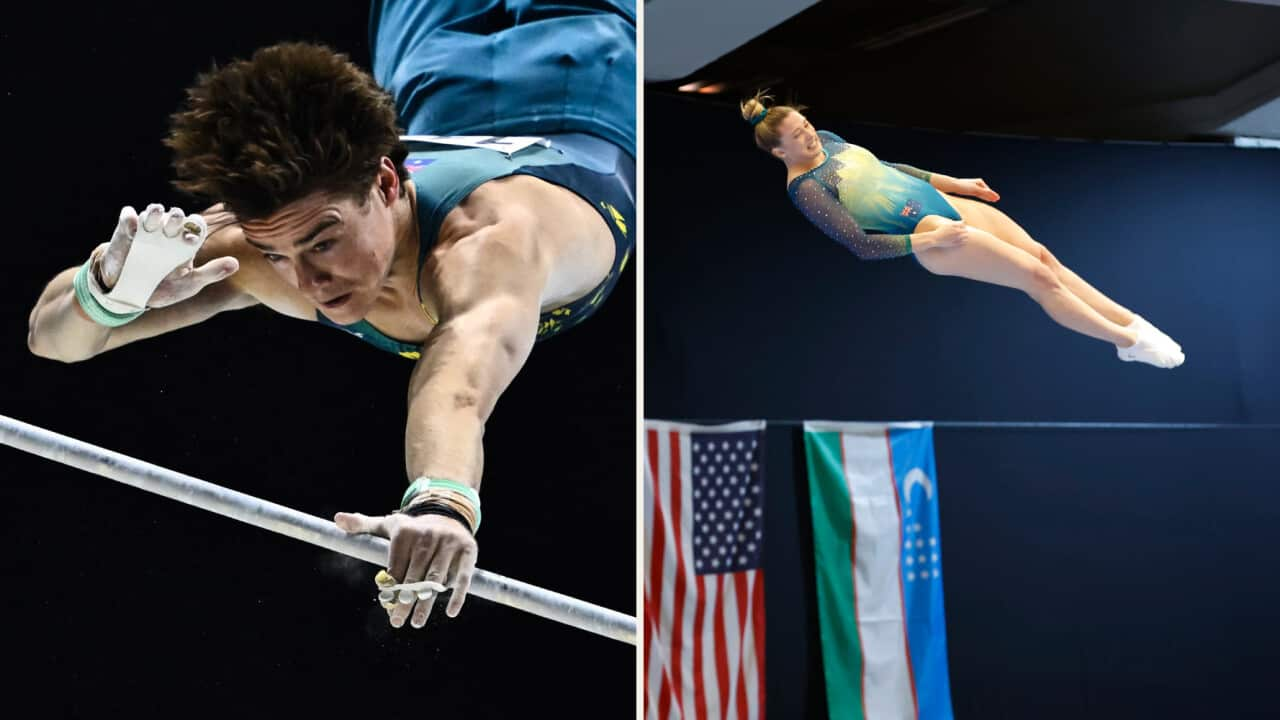In September 1882, a group of schoolboys met around a North London lamppost and decided to start a football club that soon became known as Tottenham Hotspur.
On 20 April 1901, Tottenham won the FA Cup. It had been an eventful 19 years. In that time the club had established itself as a local force and acquired a fan base. It had turned professional and soon afterwards had become a limited company. It had moved into its present White Hart Lane stadium, with a capacity at the time of 30,000.
When it played in that 1901 final against Sheffield United, staged at the old Crystal Palace, its presence was the main factor behind a crowd officially recorded at 114,815 – the first time anywhere in the world that a football match had drawn a crowd in excess of 100,000.
Amid this quite extraordinary velocity of change, there is another detail that leaps out. In 1882 the club was started so that a few local schoolboys could play this fashionable new game. None of them were anywhere near the 1901 side.
The most local player in the cup winning side came from Grantham, over 110 miles to the north – and he was one of just three English players in the side. The bulk of the team came from Scotland (five players), with a couple of Welshman and an Irishman.
At a time when lives were still lived on a much more local basis, this is a remarkable piece of information. It is also one that takes on a certain contemporary relevance.
When the English Premier League first kicked off in 1992, only 11 players in all of the starting line-ups were not from the United Kingdom or the Republic of Ireland. Twenty-three years later, of course, the picture is very different. The fans of any team can have a global geography lesson merely by looking on the map at the country of origin of all the members of his team’s squad.
The region that I cover, South America, was relatively slow to make an impact on the league but that is clearly no longer the case. Last season can probably be seen as the big breakthrough campaign for South Americans in English football.
Now, as the 10 nations on the continent name their squads for the coming internatonals in September, only Bolivia and Paraguay do not have players based in England. Brazil has a grand total of six Premier League players in its squad to meet Costa Rica and the United States. These days Ecuador has a number of Premier League players, and West Bromwich Albion’s record signing comes from Venezuela – all of this was unthinkable in 1992.
Once again, the velocity of change has been stunning and dramatic. However, as we have seen, this speed of development is not new to the English game. A case can clearly be made that the changes undergone by and to Tottenham between 1882 and 1901 were considerably more dramatic than the events of the first 23 years of the Premier League.
There is an obvious point to be made here - change is a constant. The pace of change may alter over the years but the truth is that things are in a perpetual state of flux. It seems all too easy, though, to forget this basic truth, and to take refuge in some mythical stability of the past, which then seems to be threatened by the arrival of the new.
These days Tottenham fans, crying out for a local hero, chant that Harry Kane is ‘one of us’ because he comes from part of the club’s catchment area in Chingford. The same chant could have been used in 1921, when the club won the FA Cup for the second time.
Team captain Arthur Grimsdell was from Watford, just down the road but the team was managed by a Scotsman and was another, for the time, cosmopolitan connection. The Harry Kane figure was burly winger Jimmy Dimmock, the match winner in the final against Wolves, who came from Edmonton, in the shadow of White Hart Lane.
So history, with a twist or two, repeats itself – with the constant being that change is always present. A century ago the outsiders were from far-flung Scotland. In today’s globalised world they come from the four corners of the earth.
There is an obvious correlation here with the scare stories about immigrants that seem to weigh so heavily on the English mind at the moment.
Once again there is an attempt to take refuge in some mythical palace of the past, forgetting one of the most basic lessons of the country’s history – that it is an island of immigrants, wave after wave coming in, adding to the culture and enriching the land.










